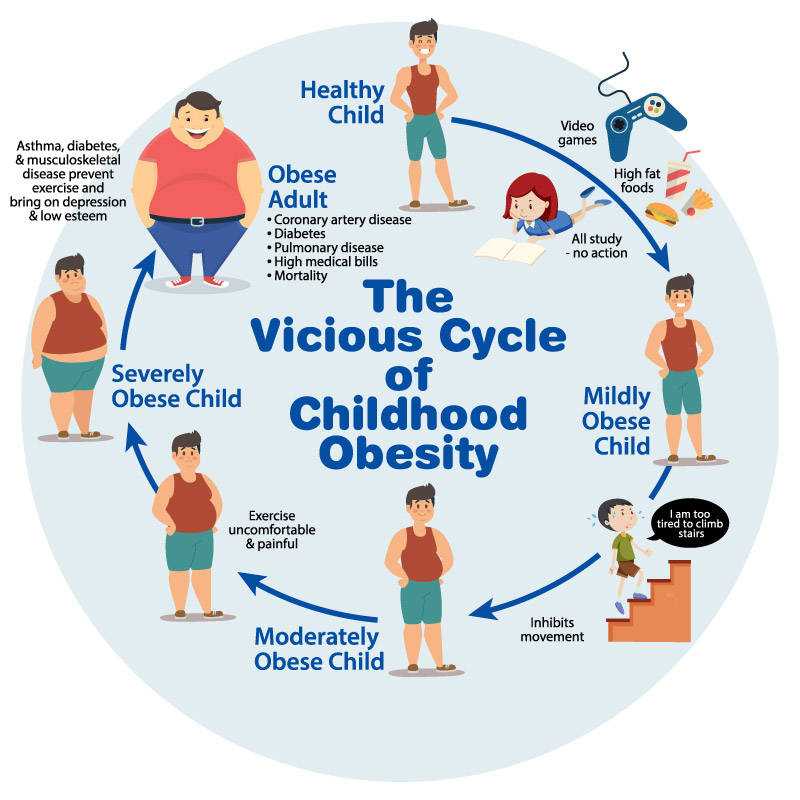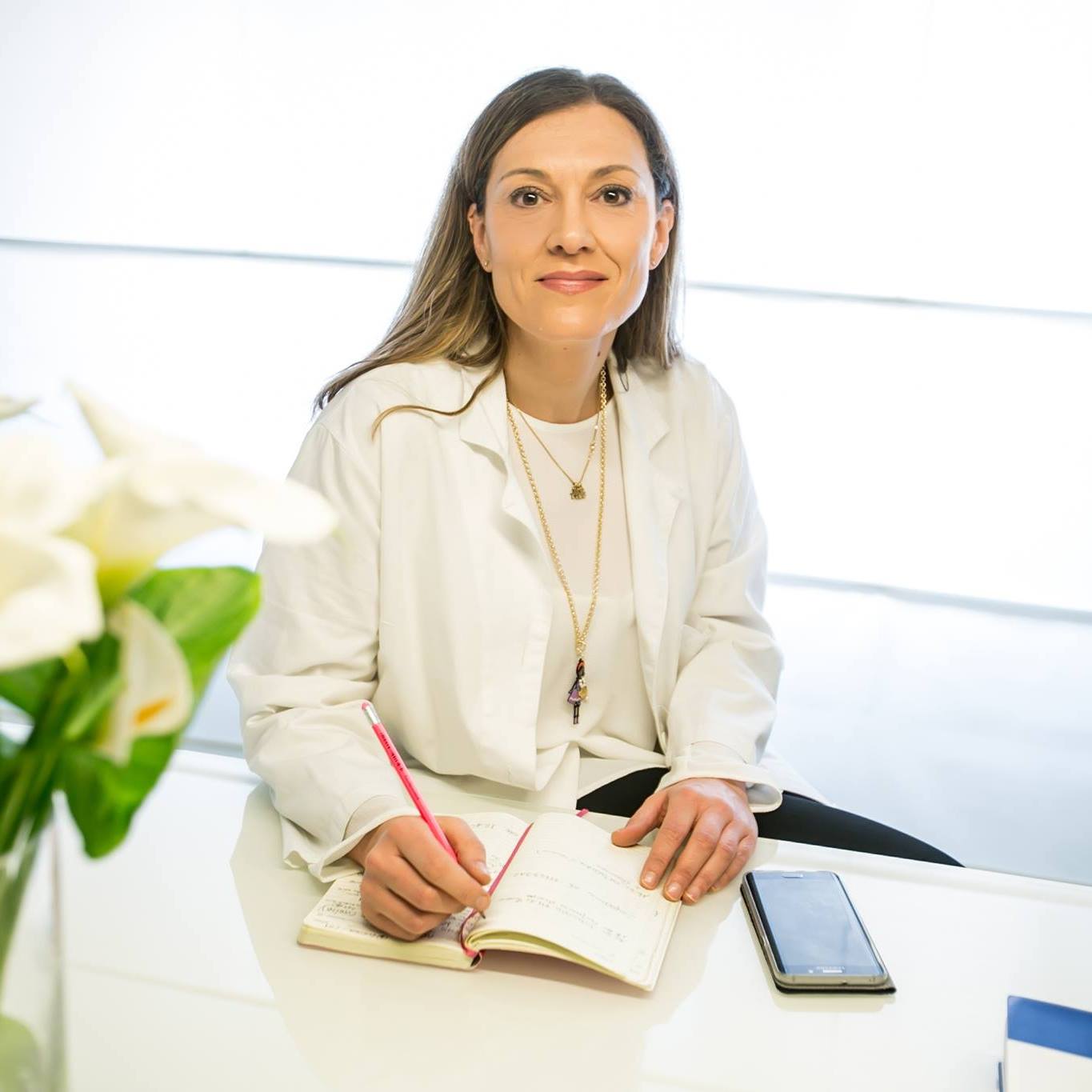“We are what we eat”. But do we truly know what we are eating? It’s a grey, damp morning in Italy. I’m in the car and on my way to Edy Virgili’s clinic. Roughly a twenty minute drive. Enough time to think about what I’m going to ask. Nutrition and oncology; what is the relationship between these two worlds? Can I prevent myself from getting other types of cancer by eating the right foods? Through this interview, can I help others understand how important it is to care about oneself enough to radically change eating habits and lifestyles? Just over two years ago, after undergoing a total thyroidectomy, a doctor told me I had cancer. It changed my life. I went and continue to go through so many different physical and emotional stages: fear, anger, depression, weight gain, weight loss, fatigue… but there are also some really good days. They coincide with the moments I choose to love myself by cooking a healthy meal and finding time to go for a brisk walk down by the seashore. Simple ways of life which seem to have become out of reach in today’s society. It’s time to claim those ways back!
Edy, what does it mean to love oneself?
To love oneself means to be able to have a good relationship with oneself. It also means having the capacity to place ourselves before other things. As women we have a tendency to put our own well-being after everything else; after our partners, our children, our jobs… and this is wrong because in the long run it causes us to suffer. This may sound like a selfish attitude, but it’s not. If we constantly put ourselves behind everything and this causes us to suffer, we will inevitably cause distress in those around us. Now, if this is true on a general level on a more specific level to love oneself also means to take care of ourselves by adopting healthy lifestyles. Among other things this means embracing and maintaining healthy eating habits. If we learn to choose the right foods chances are we will be and remain healthy, simply because we are not introducing toxic elements into our bodies. When we eat foods that are full of preservatives we are feeding our body cells poisons that can and will cause illness. Therefore I cook because I love myself, my family and friends!
What is the difference between an organic product and a conventional shelf product at the grocery store? How do we choose the right thing to purchase and eat?
It’s not simple, because grocery stores are governed by a commercial and economic logic, they are focused on making brands attractive to us in order to sell as much as possible. Thus said, first of all we must avoid being lured into buying products we see on commercials or that are on sale. It’s important to read the labels on the food we buy. It’s important to know the ingredients, if it contains preservatives, where it was made and comes from. Identifying an organic product is easy because it should be labelled as organic. Also, if we have the possibility to buy local, we should. There are grocery stores that offer excellent local produce. We must make the effort to inform ourselves.
Palm oil yes, palm oil no?
If we were to use palm oil the way mother nature makes it, there would be no problem at all for our health. Problems begin when oils are refined. Unfortunately, the refining procedure palm oil goes through requires it to be heated at very high temperatures. This causes it to develop toxic substances that have been openly recognized and declared as cancer-causing. However, the fact that we have substituted palm oil with sunflower oil is not a good thing either, because sunflower oil also develops toxic substances at low temperatures. Therefore, when it used to bake cookies or other foods we purchase we are still introducing those harmful substances into our organism. The gain, compared to palm oil is minimal. This is why I am all for homemade foods. A slice of whole wheat bread with jam, a bruschetta with extra-virgin olive oil, home-baked cookies…when we cook at home we choose the ingredients, and it makes all the difference. It’s also important to know how to cook our ingredients. For example, using our ovens at a lower temperature will avoid toxic substances to develop. It may take a little longer to bake a cake, but isn’t it worth it?
“Childhood obesity is one of the most serious public health challenges of the 21st century. The problem is global and is steadily affecting many low- and middle-income countries, particularly in urban settings. The prevalence has increased at an alarming rate. Globally, in 2016 the number of overweight children under the age of five, is estimated to be over 41 million. Almost half of all overweight children under 5 lived in Asia and one quarter lived in Africa.” – World Health Organization

What types of health risks are obese children exposed to? How can we help adults understand the problem?
An obese child is exposed to countless risks, including bullying. During childhood, obesity has a big psychological impact. This aspect is often under evaluated. The trauma of being bullied is the type of pain one carries inside for the rest of their lives. We must then consider all the health issues which stem from obesity. There are a wide range of illnesses that come with being overweight. Some are less severe, like allergies and dermatitis. However obesity is the first pathology linked to oncology and cancer. Not to mention coronary artery disease, diabetes, musculoskeletal disease and depression. So, how many problems do we as parents create for our children by allowing them to become obese? Too many, too big and often impossible to solve. We can literally ruin their lives.
To end, some practical advice from Edy! What is the best way for a family to start the day? Can you give us an example of a good, healthy breakfast?
Well, it depends on our preferences. We can choose from a wide variety of different foods. Some people prefer a sweet breakfast made up of a nice warm cup of organic, whole milk (if we do not suffer lactose intolerance), with homemade wholewheat biscuits or cake, nuts and other dried fruits. Others may prefer an egg with a slice of whole wheat bread and an apple, or an organic yogurt rich in probiotics, combined with dried fruits and/or oats. The important thing is to always be aware of quantities as well as the amount of sugar we are putting into your body. If we introduce too much sugar into our metabolism, after a couple of hours, we are likely to incur in hypoglycemia.
This is especially true for children. However, breakfast truly is the most important meal of the day and it should never be skipped!


